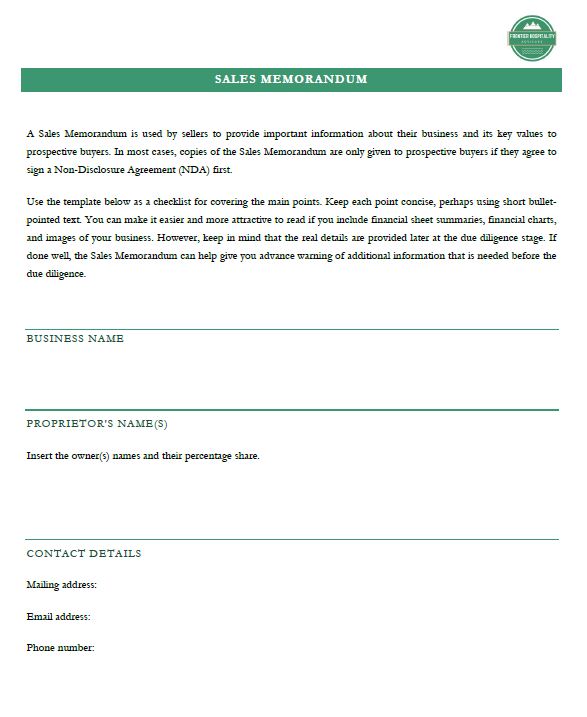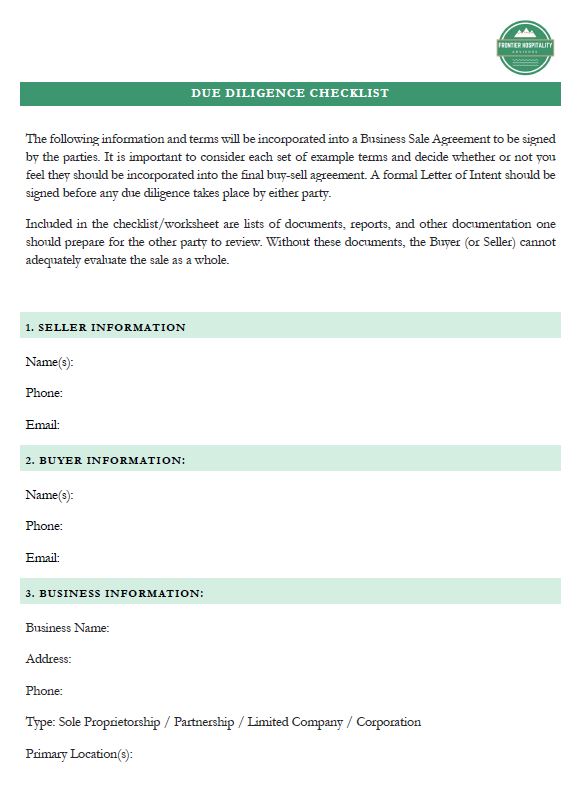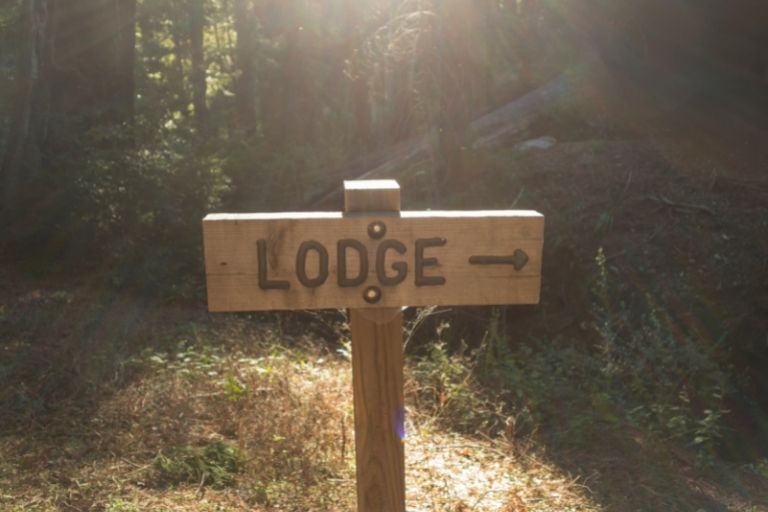Have Lodges and Resorts Lost Value Due to COVID-19? Not Necessarily.
Last year many lodges had negative or abnormally low earnings making them more difficult to value than a lodge with positive earnings.
Currently, there is numerous opportunistic funds lined up for deals, but thus far most lodge owners have been able to support their investments and will not sell unless they achieve their desired price.
Given the current state of the resource-based tourism industry, it would be valuable to examine how lodges with negative earnings or abnormally low earnings are valued to determine whether they have lost value due to the Covid-19 pandemic.
Why Does the Lodge Have Negative Earnings?
When a lodge has negative or abnormally low earnings there is a very real possibility that it will go bankrupt if earnings stay negative. It is important to analyze the reason why the lodge has negative or abnormally low earnings in order to determine whether there is a decrease in value. It must be determined whether the reason is temporary, long-term or merely related to where a lodge is at in its life cycle.
Temporary Problems
For some lodges, negative earnings are the result of temporary problems, sometimes affecting the lodge alone like legal issues and sometimes affecting an entire industry like Covid-19.
The common thread for these temporary situations is that earnings are expected to recover sooner rather than later as the problem dissipates. I expect seasonal lodge revenue to bounce back rapidly once the temporary problem of Covid-19 is resolved. Most guest bookings have been pushed to the next season not cancelled and refunded. This means most lodges are setup for a solid return season. The unknown is when the border will reopen.
Long-Term Problems
On the other hand, negative earnings could also reflect deeper problems in a lodge. Examples are poor strategic choices, operational inefficiencies or poor financial decisions such as a lodge borrowing much more than it can support with its existing cash flows.
Poor earnings over multiple years, is often indicative of a long-term problem and owners have to be realistic of their market value if listing for sale under the current market conditions. For such lodges, financial health is generally not around the corner and will require substantial restructuring and, often, new management in order to turn it around.
Covid-19 has exacerbated these deeper problems in some lodges and if listed for sale under the current market conditions, it is likely these lodges will have to be priced at a discount in order to sell.
Life Cycle
In some cases, a lodge’s negative earnings may not be the result of problems in the way it is run but because of where the lodge is at in its life cycle.
At certain stages of their life, lodges require large infrastructure and equipment investments in order to maintain their competitive position. Once these investments are made and the lodge is in “turn key” condition the earnings will turn positive.
Another scenario where lifecycle plays a role is recently developed lodges which have potentially profitable business models, but are losing money until they gain market share.
In general, you will have to consider making adjustments to the earnings of lodges after years in which they have completed major renovation or expansion projects, since the accounting statements in these years will be skewed by large expenses that are generally non-recurring.
Valuing Lodges with Temporary Problems
When earnings are negative because of temporary or short-term problems, the expectation is that earnings will recover in the near term. Thus, when estimating current market value, the solution is to replace the current earnings with normalized earnings.
Normalizing Lost Revenue Due to Covid-19
When the negative or abnormally low revenue can be attributed to a specific event such as Covid-19, the easiest solution to the problem of negative or abnormally low earnings in 2020 is to normalize earnings.
You need to answer: “What would this lodge earn in a normal year?” Implicit in this statement is the assumption that the current year is not a normal year and that earnings will recover quickly to normal levels.
The simplest way to normalize earnings is to use the average earnings from prior years. For seasonal lodges, you should go back at least 3 to 5 years. While this approach is simple, it is best suited for lodges that have not changed in size over the period. If it is applied to a lodge that has become larger or smaller (in terms of the number of guest units or revenue streams) over the selected time period, it will result in a normalized estimate that is incorrect.
Replacing current negative earnings with normalized earnings is equivalent to assuming that normalization will occur instantaneously. It may be more appropriate to assume earnings will be normalized over several years. A simple correction that can be applied is to discount the normalized earnings to reflect a gradual return to normalized earnings.
Overleveraged Lodges with High Probability of Bankruptcy
For some lodges the temporary problem of the Covid-19 pandemic may prove too much to handle. When a lodge’s temporary financial problems are severe enough to suggest a strong likelihood of bankruptcy, the most common approach to valuing lodges in this situation is to estimate a liquidation value for the assets.
Liquidation Value
The liquidation value of a lodge is the aggregate of the value that the assets of the lodge would command on the market. This can be estimated by subtracting the value of the outstanding debt from the asset value.
Liquidation Value = Liquidation Value of Assets – Outstanding Debt
Estimating liquidation value is complicated since the assets of a lodge are not easily separated and thus difficult to value individually. The likelihood that assets will fetch their fair market value will decrease as the urgency of the liquidation increases.
A lodge in a hurry to liquidate its assets may have to accept a discount on fair market value as a price for speedy execution.
Conclusion
Knowing the value of other lodges that have sold is only useful if you know the comparable lodge’s financial performance at the time of its sale. Two lodges could be very similar in size, location and quality but one could have a much stronger business.
With the current condition of the resource-based tourism industry, lodge valuation needs to be modified or adapted to provide reasonable estimates of value. Failure to adjust the earnings of lodges only suffering from the temporary Covid-19 pandemic can lead to significant undervaluation.
When a lodge’s earnings are negative because of long term strategic, operating or financial problems, the process of valuing these lodges becomes more complicated. Buyers have to make a judgment of whether the lodge’s problems will be solved, and if so, when.
For those lodges where there is a significant chance of bankruptcy, you might have to consider the liquidation value of the assets.
This article has been prepared by Frontier Hospitality Advisor for general information only. Frontier Hospitality Advisor makes no guarantees, representations or warranties of any kind, expressed or implied, regarding the information including, but not limited to, warranties of content, accuracy and reliability. Any interested party should undertake their own inquiries as to the accuracy of the information. Frontier Hospitality Advisor excludes unequivocally all inferred or implied terms, conditions and warranties arising out of this article and excludes all liability for loss and damages arising there from.


